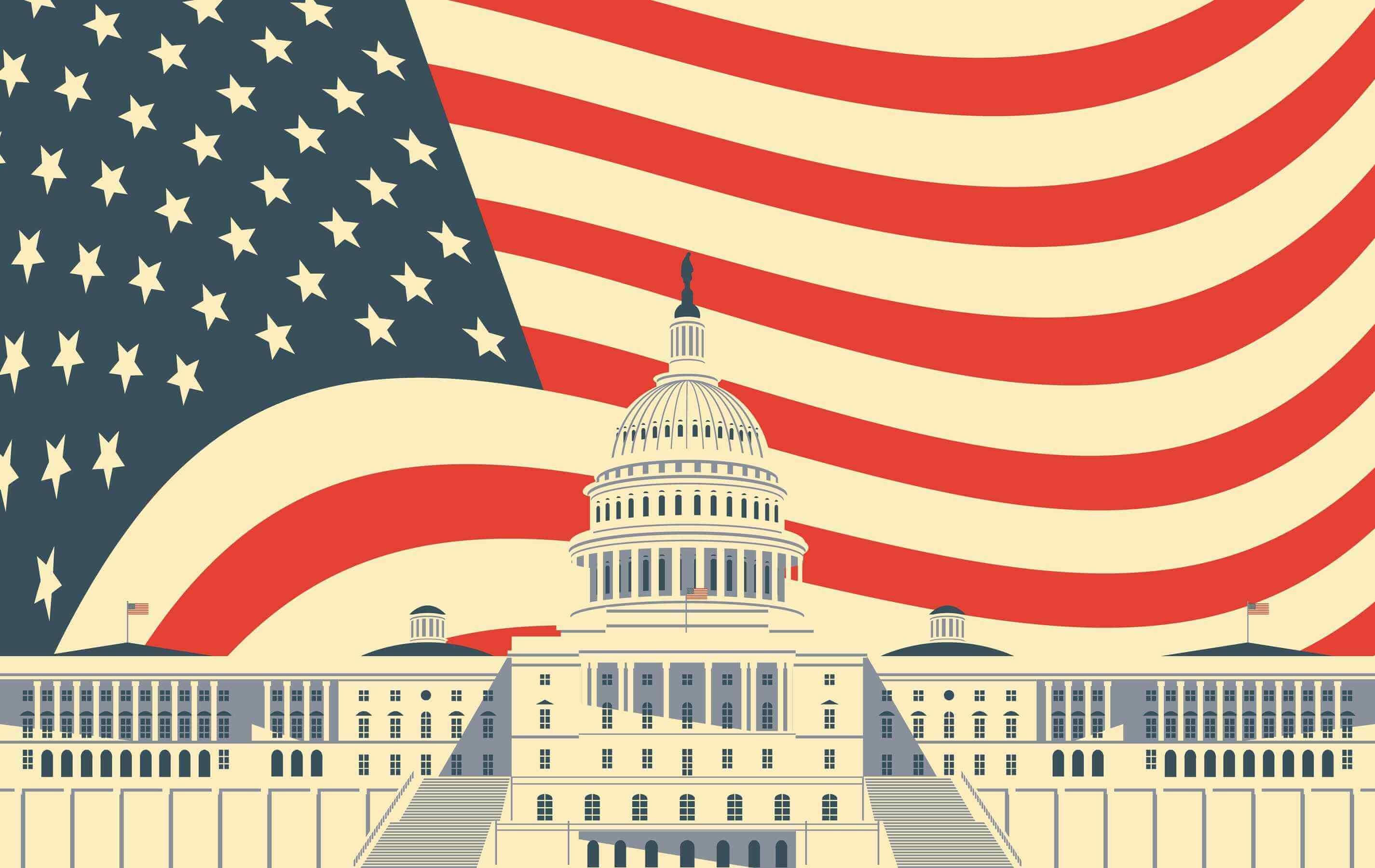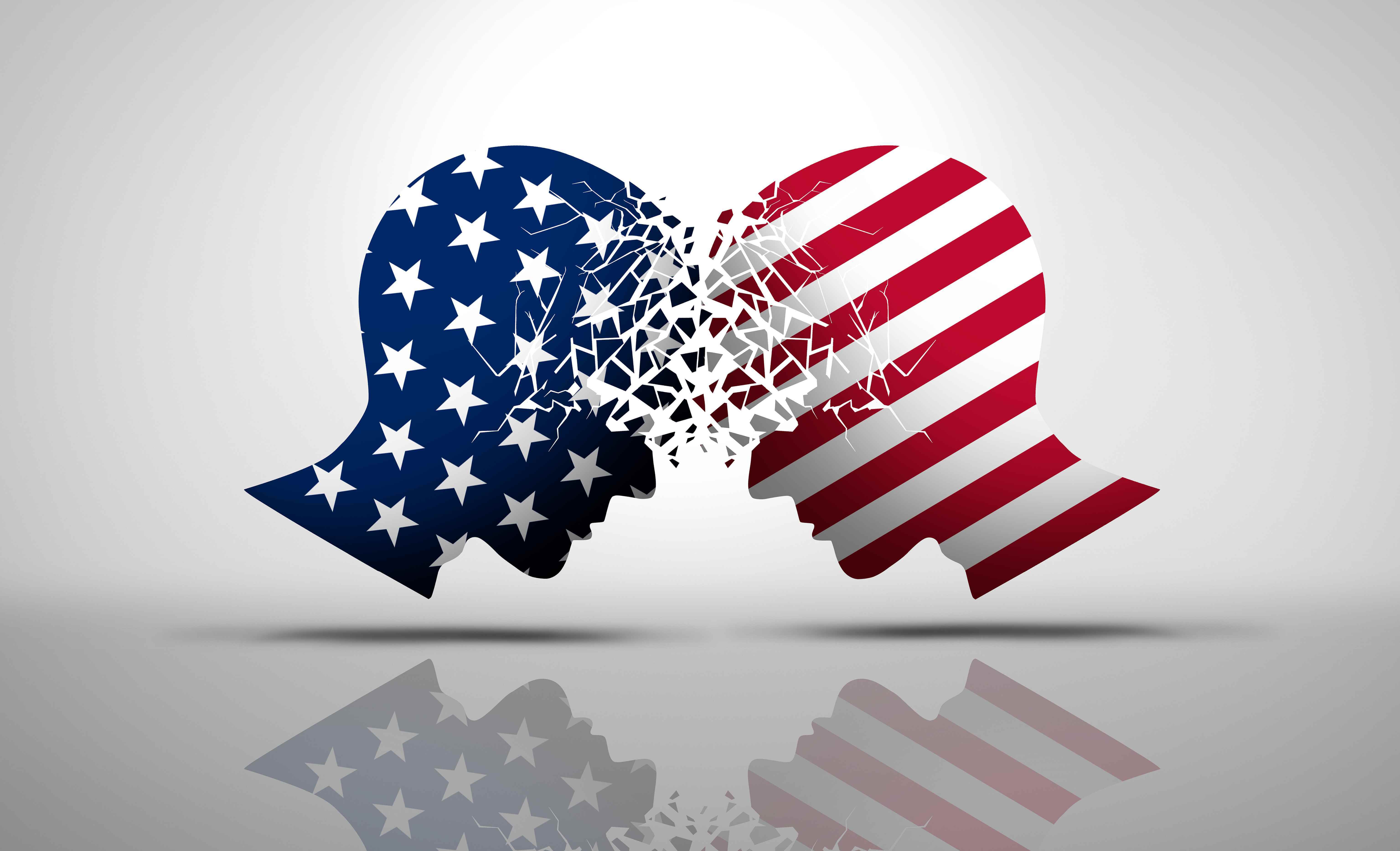Trump Is Turning Out To Be A Very Pro-china President

If you can spare any sympathy these days, spare some for the people tasked with writing President Donald Trump’s national security strategy.
They probably sought the job thinking, “I’ll help America take on China.” Instead, Trump has started his second term looking like the U.S. president Beijing has long wanted.
In less than three weeks, using everything from threats of war against allies to freezing foreign aid, Trump has arguably done more to weaken America’s standing in the world than in his entire first term. He has given China’s communist regime a chance to strengthen itself just as it was facing economic headwinds.
Trump and his aides point out that he has taken some punitive actions against Beijing, including new tariffs. They also argue that all his decisive moves are in America’s long-term interest, even if they create immediate rifts.
That’s a dangerous bet for Trump to make, according to the half-dozen foreign policy veterans I floated it to, including U.S. lawmakers and foreign diplomats. It assumes that damage done to the trust others place in America can quickly be repaired.
Since taking office on Jan. 20, Trump has frozen U.S. foreign aid in numerous countries while taking steps to shrink the U.S. Agency for International Development, endangering humanitarian and economic aid for millions in places where the Chinese government has sought to increase its influence. He has imposed tariffs on Mexico and Canada, two of America’s friends, neighbors and top trading partners. He has allowed tech mogul Elon Musk to take steps to gut the U.S. federal workforce, a move that tosses out an enormous amount of expertise in fields such as fighting Chinese propaganda. He has mocked the rule of law and Congress in a way that reinforces Beijing’s top-down leadership structure. And he has threatened to invade other countries, including U.S. partners — rhetoric that could embolden China to further menace Taiwan.
Trump also reportedly plans to close some U.S. consulates overseas, a seemingly self-defeating action given Beijing’s growing global diplomatic reach.
At the same time, he has sought to safeguard the Chinese-owned company TikTok, invited Chinese leader Xi Jinping to his inauguration (Xi declined) and made it a point to seek out a call with him.
“Trump helped create the bipartisan consensus on the need to outcompete China, and his staff generally gets it, but many people worry that his policies from trade to TikTok to Taiwan risk making China great again,” said Rush Doshi, who was a senior White House China hand in the Biden administration.
China hasn’t entirely escaped Trump’s darts — most of which appear aimed at persuading Beijing to negotiate a new trade deal. He is raising by 10 percent existing tariffs on goods from China. The moves weren’t entirely surprising and not as tough as he had threatened before. Still, they sting.
Liu Pengyu, a spokesperson for the Chinese Embassy in Washington, decried Trump’s approach in a statement. “The unilateral tariff imposed by the U.S. seriously violates the [World Trade Organization] rules,” Liu said. “It will not solve its own problems [and is] also harmful to the relevant countries and the world.”
Trump has also repeatedly invoked the China threat as a cudgel to use against longtime U.S. allies.
His demands to take over the Panama Canal emerged in part because of growing worries among Republicans about Chinese influence in the region. Beijing has undertaken some infrastructure projects near the canal, and a Hong Kong-based company has long operated ports on both sides of the passageway, but Trump’s critics say he’s wildly overstating China’s role in Panama, and that America is still by far the bigger economic and diplomatic player in the country.
Still, the Trump warnings may have helped push Panama to abandon China’s Belt and Road infrastructure initiative after Secretary of State Marco Rubio laid out the concerns during a trip this month.
Trump justified this week’s planned 25 percent tariffs on Canada and Mexico in part by blaming both countries for the import of fentanyl into the U.S., precursors of which often hail from China. (While Mexico is a major passage point for the drug, Canada is not.)
On Monday, Mexico agreed to send 10,000 troops to its border with the U.S. to help reduce the flow of fentanyl and other drugs in exchange for a monthlong pause on the tariffs. Canada also promised to improve its border security for a similar pause. Reports suggest that some of these moves had already been in the works, but Trump took them as a win.
When I sought comment for this column, Brian Hughes, a spokesperson for the National Security Council, pointed to moves by Panama, Mexico and Canada as proof that the Trump foreign policy strategy is working.
“President Trump’s America First diplomacy is already paying dividends,” he said.
But the lesson other countries are learning is not necessarily to obey America, multiple foreign diplomats told me. Instead, foreign officials say they are now more likely to take that call from the Chinese foreign minister, get tea with the Russian ambassador, or show up to meet with the Turkish commercial attache.
“Threats may get results for a short time, but then over a long time, people are taking notes: We’re not going to put all our eggs into America,” an African diplomat in Washington told me. I granted him anonymity because he doesn’t want his country to be a target of Trump’s wrath.
It’s a particularly strange time for any U.S. leader to give an opening to China. The country’s economy is unusually weak due in part to a real estate downturn and low consumer spending. Its population is shrinking. Many countries who signed up to its Belt and Road program have had regrets over shoddy results and the debt incurred.
Some have begged the United States to show up with trade deals and help them with infrastructure. But U.S. politics have put trade agreements off the table for now, and infrastructure programs are slow going, especially because America’s private sector isn’t always on board.
One way in which President Joe Biden and his team tried to strengthen America’s hand against Beijing was by relying on U.S. geopolitical alliances and partnerships. In particular, the Biden team focused on persuading European nations — either via the European Union or the NATO military alliance — to disentangle themselves from Beijing.
Trump, however, has signaled he wants to impose tariffs on the EU, which could make it even harder to persuade that bloc to lessen its economic dependence on China.
Trump appears determined to push China to agree to a new trade deal, an effort that took significant time in his first term and led to limited results. Perhaps that’s why he’s using both honey and vinegar in dealing with Beijing right now.
Even if you are Xi and watching Trump’s actions — not to mention other countries who have to engage Washington — you are probably wondering if it’s a good idea to make a deal with him.
Trump is clearly willing to abandon international agreements.
This is, after all, the president, who, just a few years ago, agreed to a trade pact with Canada and Mexico. He’s also the U.S. president who walked away from the Iran nuclear deal and has twice now pulled back from the Paris Climate Accord and the World Health Organization.
As I’ve written before, Trump is very good at tearing things apart.
But in just about any field, including international relations, it’s a lot harder to build something than to destroy it.
That includes trust.
Phelim Kine contributed to this column.


